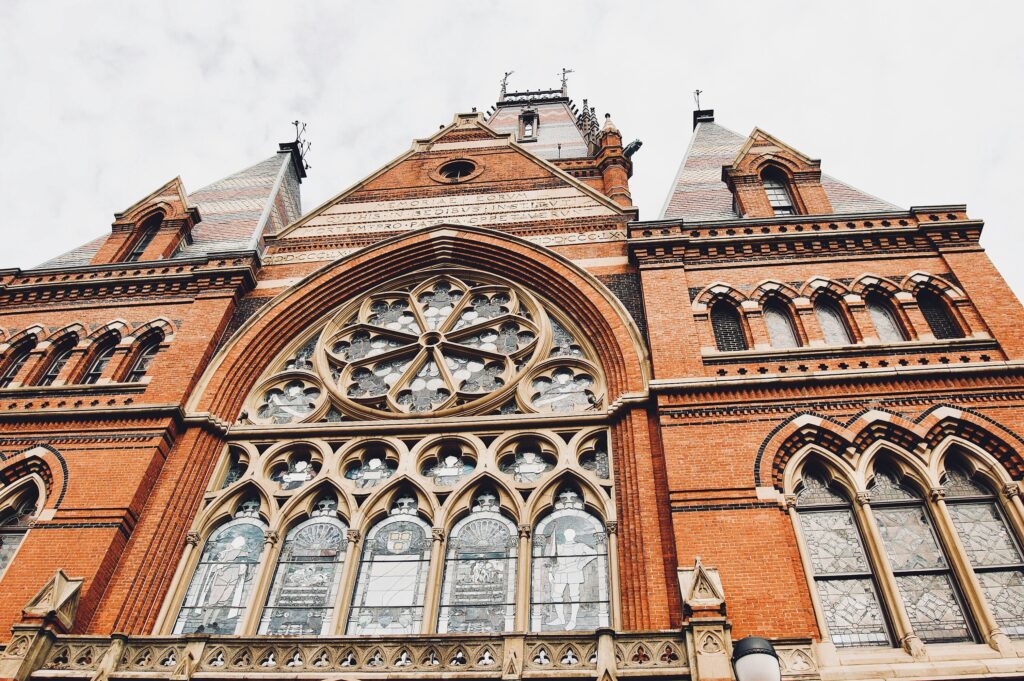The Trump administration froze over $2.2 billion in federal funding meant for Harvard University after the school refused to comply with new government demands. These rules required Harvard to change how it operates, what student groups it supports, and how it handles political activism on campus.
Government officials wanted Harvard to limit political activism and curb support for certain student groups. In response, Harvard President Alan Garber rejected these demands. As a result, the government froze federal funds intended for Harvard.
University Defends Its Autonomy
Despite the pressure, President Garber stood firm in his defense of Harvard’s independence. He emphasized that universities must have the freedom to decide how they operate without interference from the government. “Harvard will always stand for free thought,” Garber stated. “We won’t let political pressure change who we are.”
Consequently, the loss of funding affected a variety of essential programs, including scientific research, public service initiatives, and student support services.
Harvard Takes Legal Action
In response to the funding freeze, Harvard took legal action, filing a lawsuit against the Trump administration. The lawsuit argues that the freeze is an unfair move intended to punish the university for its political views and advocacy. Legal experts believe the case could set a crucial precedent for other universities facing similar pressure from the government.
As Harvard’s legal team points out, the case is not just about money—it is about the university’s right to operate freely and without political retribution. Janet Kim, a legal expert, argued, “This is not just about money. It’s about the right to speak freely and to run an institution without fear of political retribution.”
Campus Protests Erupt
Following the funding freeze, students and faculty at Harvard organized protests to support free speech and academic freedom. Many students participated in rallies, while others created signs to express their opposition to the government’s actions. The protests quickly spread to other universities, which joined in solidarity with Harvard.
One student clarified, “We speak for peace, not violence. Our protests are aimed at fairness, not supporting any extremist groups.” The protests continued to grow, with many colleges across the country lending their support.
Foreign Students Face Consequences
Some international students, who had participated in protests, now face severe consequences. Many of these students had their visas revoked, and the government threatened to deport them. Some students were detained, while others lost their visa status, forcing them to leave the country.
One international student shared their experience, saying, “I just wanted to express my opinion. Now, I’m being forced to leave the country. It’s frightening.” Immigration advocates argue that peaceful protest should not lead to such consequences.
Trump’s History of Targeting Colleges
This is not the first time the Trump administration has targeted universities for their political stances. The president has previously suggested cutting federal funding for schools that promote what he considers “radical” or “anti-American” views. Many conservative lawmakers support this stance, arguing that universities should promote “patriotic” values.
Mark Lopez, a policy analyst, explained, “This could fundamentally change how colleges operate. It gives the government more power over what institutions teach and what political activities they allow.”
Support for Harvard From Other Universities
In light of the freeze, many top universities have expressed support for Harvard. These institutions argue that the government has overstepped its bounds and is undermining academic freedom. Several universities have sent letters in support of Harvard’s legal fight, while others have hosted events to raise awareness about the issue.
Meanwhile, Harvard is using its own funds to ensure that key academic programs continue while waiting for a decision from the courts. The university’s leadership is determined to keep essential research and student services operating smoothly during this uncertain time.
Lena Ruiz, a professor at Harvard, said, “We are not just fighting for Harvard’s sake; we are fighting for every university that wants to stay free.”
The Ongoing Legal Battle
Harvard’s legal challenge against the funding freeze is ongoing, and it could take time for the court to reach a decision. However, the university is committed to the fight. Students, faculty, and supporters plan to continue advocating for free speech and academic independence.
Many believe that this case is not just about Harvard. It is a critical issue for the future of higher education in the United States. The outcome could determine how universities across the country will be allowed to operate and how they will be treated by the government moving forward.


